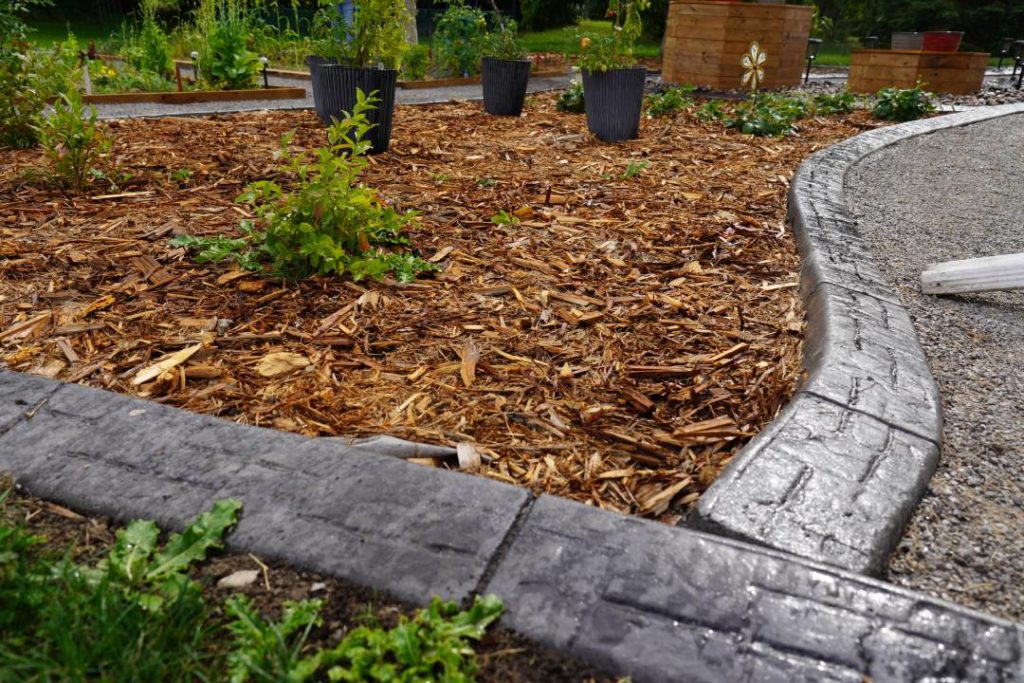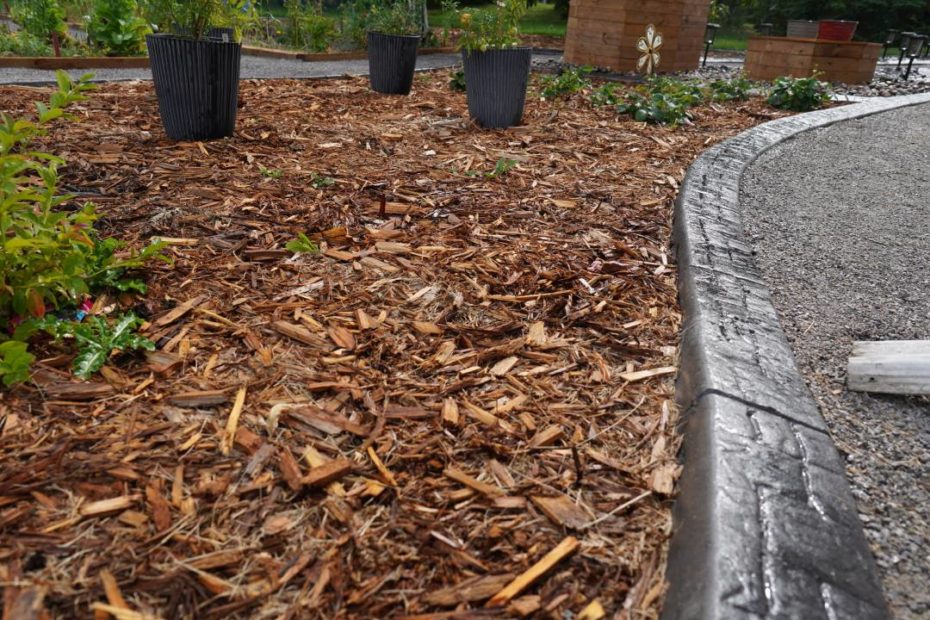Everyday the weather is growing more and more beautiful, which means you’ve probably started to see the beginnings of a weed infestation on your lawn and in your garden.
Weeds like white clovers, dandelions, and field scabious are a few types of weeds common to our province. They can be a real nuisance for landscapers. You may be tempted to use herbicide to get rid of them, but commercial weed killers come with major drawbacks you should consider:
- They’re harmful to pollinators, such as bees.
- They can negatively impact your soil’s quality.
- They’re full of chemicals that pollute the air, water runoff, and soil.
If you’re passionate about taking care of Mother Earth, while still having a gorgeous lawn, we’d like to recommend some natural weed killers. These natural solutions are made with items that might already be in your home.
Native Plants
One of the best ways to ward off invasive plant species is by adding some local wild plants to your yard or garden. On top of looking great, the native plants will limit space for weeds to grow. Here are some suggestions:
- Fruit bushes, like raspberries or blueberries.
- Perennial groundcovers, like yarrow or hellebore.
- Creeping shrubs, like juniper.
BONUS: Many of these plants will enrich your soil by replacing nutrients, like nitrogen, that naturally deplete over time.
Mulch

By applying a layer of mulch to your soil, you can prevent weeds from being able to find a foothold in your garden. Making and applying your own mulch is super easy! Just follow these steps:
- Gather any fallen leaves into a pile.
- Use your lawnmower, hands, or a mulcher to shred the leaves.
- Spread a thin layer on your garden beds!
BONUS: Mulch will help your soil keep lush and moist. It can also be used to protect your perennials once the air gets chilly!
Topical Remedies
We have a really easy DIY recipe that is great for getting rid of weeds that have spread to your sidewalk or patio! Just combine the below ingredients in a spray bottle, shake well, and spritz the weeds thoroughly.
- 500 ml of vinegar
- 60 ml of epsom salt
- 1 tsp dish soap
This is a really effective solution, so do NOT use this on your lawn or garden.
Another non-toxic method is to simply boil water and pour it on the offending weed. The weed’s leafage will die, but the root will still be intact! You will have to reapply this method again when the weed comes back. With determined weeds like these, it might be best just to dig up the root. Although, that isn’t always possible given where some of these weeds end up.
Conclusion
Your yard and the bees will thank you for using a natural weed killer. If you find that the weeds are still hanging around, consider looking at our property maintenance services. Our team of experts will use our chemical herbicide in a way that is safe for your yard and those who visit it.
